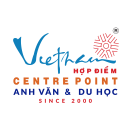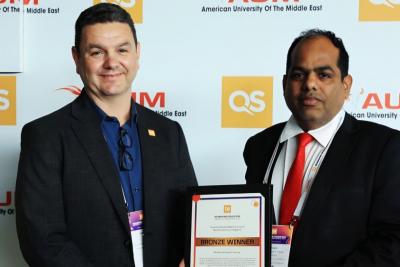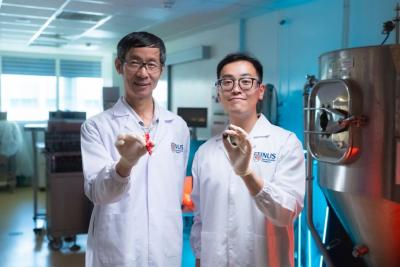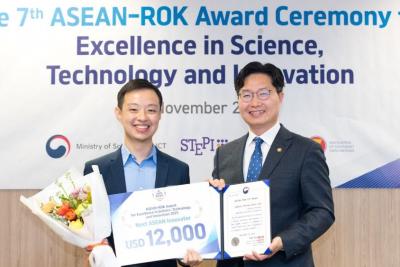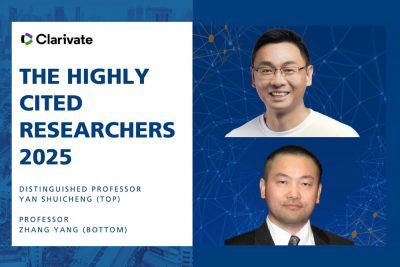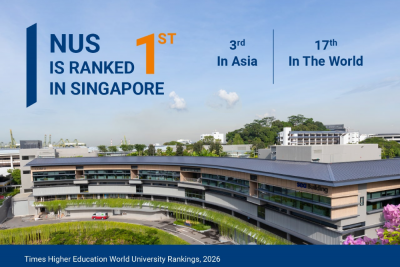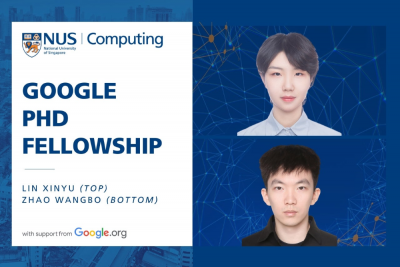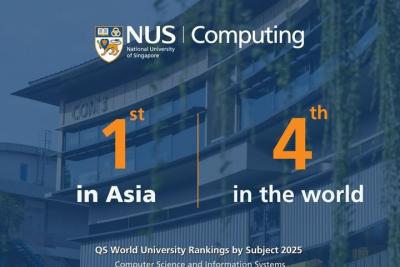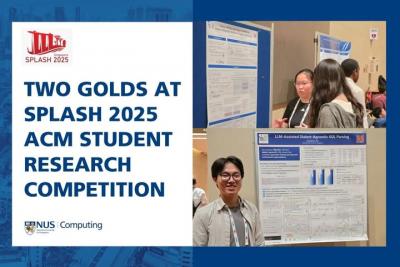Giáo sư trẻ Shao Huilin của Chủ tịch NUS đam mê khai thác kiến thức về vật lý và kỹ thuật
In this series, NUS News profiles the University’s Presidential Young Professors who are at the forefront of their research fields, turning creative ideas into important innovations that make the world better.
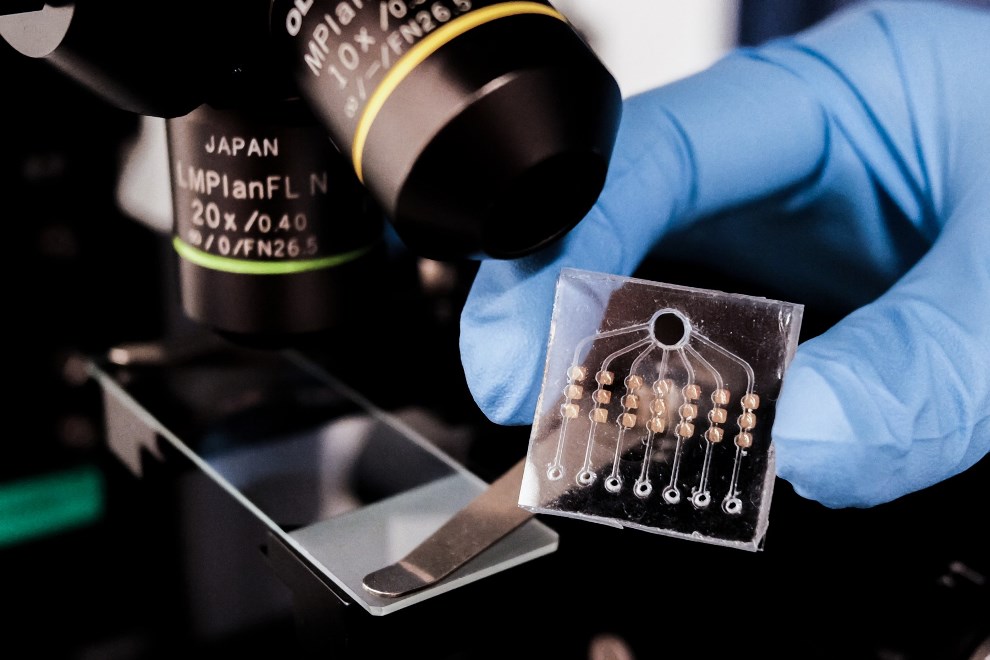
Developed by Asst Prof Shao and her team at NUS, ExoSCOPE is less invasive and more informative. A small blood sample can be collected a day after cancer treatment is initiated, and drug effectiveness can be determined in less than one hour.
When she was a PhD student, Assistant Professor Shao Huilin returned to her lab after a two-week holiday to find that her biology experiment no longer worked, although she did it exactly the same way as before. It was mystifying and frustrating. She was forced to troubleshoot it step by step.
Finally she found the problem. She had used a micropipette with a slightly different-sized tip. She could not even see the difference with her eyes, but that was enough to cause the experiment to fail. She learnt not to take seemingly unimportant details for granted.
Now an NUS Presidential Young Professor at NUS Biomedical Engineering under the NUS College of Design and Engineering as well as NUS Institute for Health Innovation & Technology, with a joint appointment at the Agency for Science, Technology and Research (A*STAR), no detail escapes Asst Prof Shao’s eye as she engineers nanoscale devices to detect early-warning signals of disease - so-called biomarkers - in blood samples.

